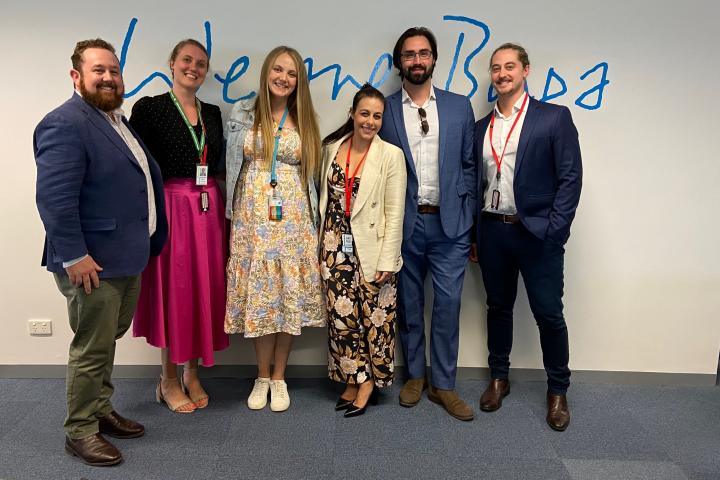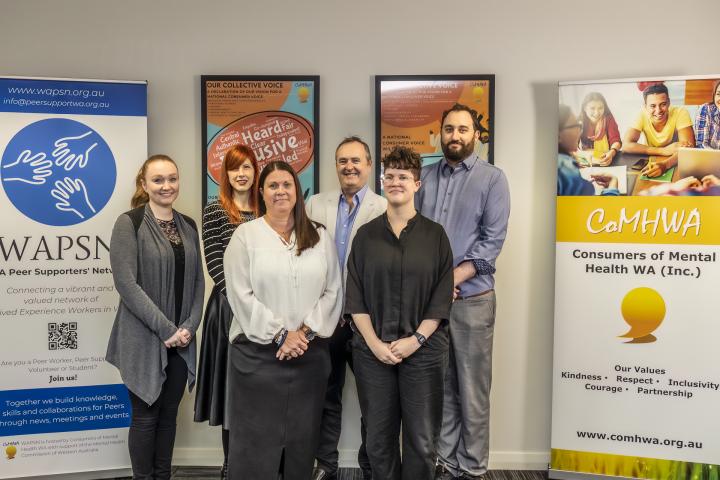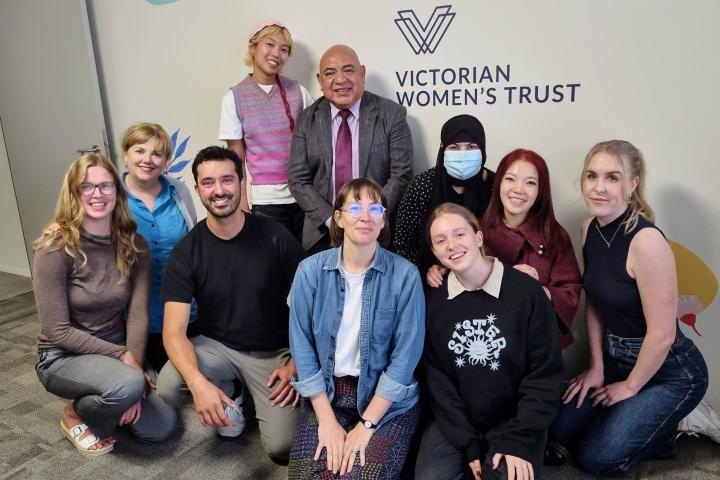How small teams can protect workplace mental health: Sleep Health Foundation
Find out why having a small team is not a barrier to creating a mentally healthy workplace.
- Health Care and Social Assistance
- All locations

- The Sleep Health Foundation is a not-for-profit organisation working to improve wellbeing by emphasising the importance of better sleep.
- Leading a small team, CEO Dr Moira Junge recognised trust was paramount so workers feel comfortable communicating openly.
- Dr Junge found being empathetic and transparent about her experience helped. She leads by example, prioritising her mental health and wellbeing, and treating mental health equally with physical health.



